Apply now to join our next cohort of Community Science Fellows and Community Leads!
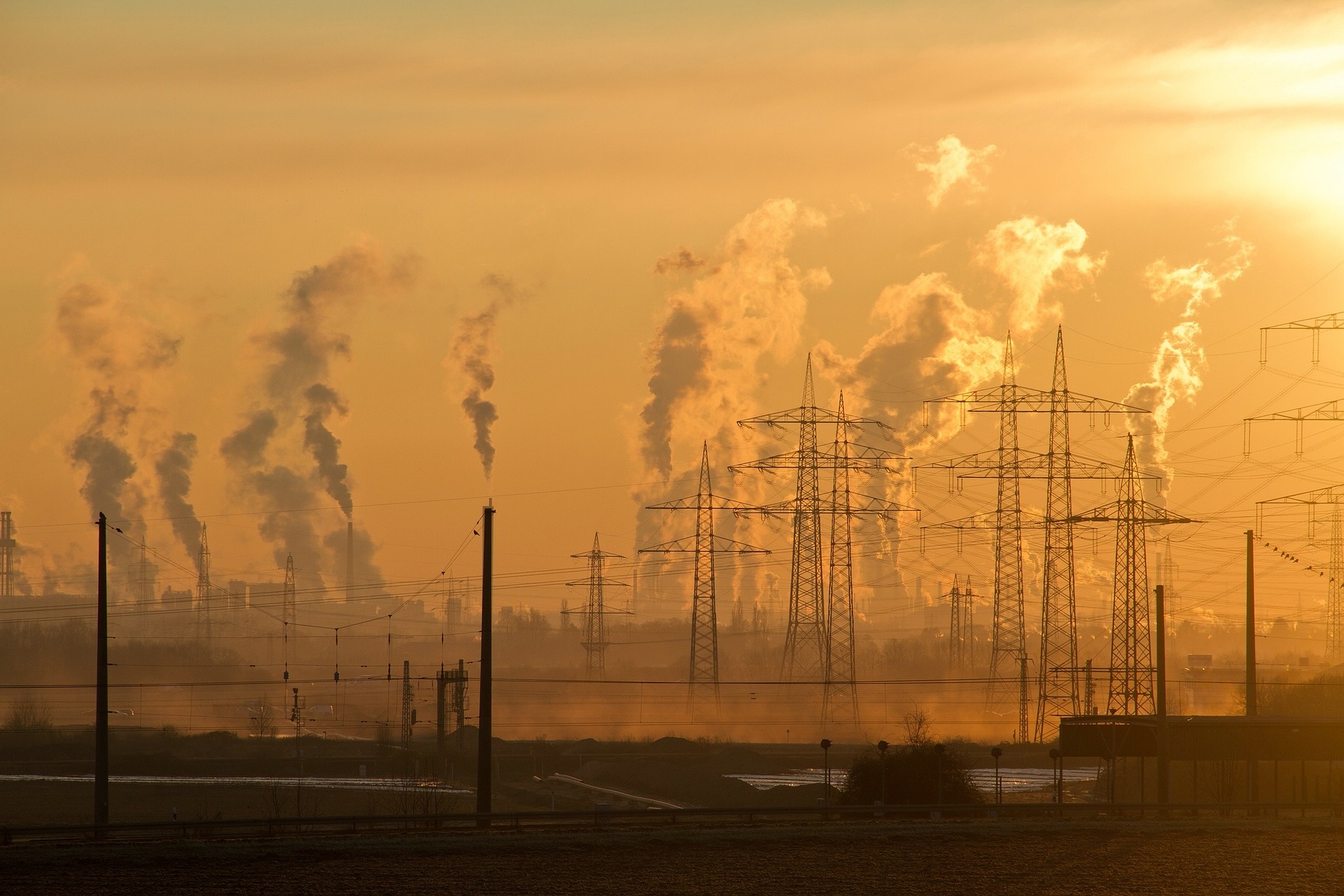
Image by Ralf Vetterle from Pixabay
Sulphur, Louisiana is a small community west of Lake Charles, Louisiana, in Calcasieu Parish. The community has numerous industrial plants on its southern side, and the parish is the proposed location of several new plants. This project will assess the current cumulative pollution permitted by the Louisiana Department of Environmental Quality to assist the community in understanding the impacts of existing plants and provide data with which to fight the construction of new pollution sources.
Sulphur is a small town near and west of Lake Charles, Louisiana in Calcasieu Parish. Sulphur and surrounding towns have predominantly low income families and are highly susceptible to environmental hazards. The area is still rebuilding after the damage from Hurricane Laura, with many homes still using blue tarps in place of missing roofs. In addition, residents of Sulphur bear a disproportionate burden of health impacts from pollution from the heavy petrochemical industry in southwest Louisiana.
Micah 6:8 Mission is a justice group working to support the low income population in Sulphur, LA, focusing on the neighborhood known as Portie (pronounced Po-chay) town. Since the damaging hurricanes of 2020, Micah 6:8 Mission has been working on environmental justice to help residents understand the public health risks of climate change and pollution. Micah 6:8 Mission has partnered with a range of other national and local environmental justice organizations, and is partnering with Thriving Earth Exchange to lead this project to better understand existing pollution impacts on the community.
The community would like to collect and analyze existing permits from the Louisiana Department of Environmental Quality to determine the cumulative air pollution levels already allowed for in the Sulphur area. This will involve identifying how to access the permits and how to efficiently pull out the important pollution information. As the information is collected, we will put it in an easy to access location and format it for easy understanding. In addition, we will do some basic analysis on the information in the context of public health to understand potential impacts of existing pollution sources.
The collected information and analysis will be shared with the community through a radio station, website, and community events. With effective outreach on how to interpret pollution and existing pollution levels, we can arm organizations like Micah 6:8 Mission with the information they need to assist the community in fighting against the development of new plants and the additional pollution they would generate, as well as new permit applications that increase the level of currently permitted pollution. Additionally, detailed knowledge on pollution sources will be used to inform future monitoring projects to help protect community health. Finally, we will share the process we develop for collecting and identifying pollution permit information with other communities in Louisiana to empower them to do a similar analysis.
There will be a Health & Environmental Summit on October 18. For this Milestone, we will aim to have a good proportion of the existing permits evaluated to assist in outreach efforts at the Summit. At that point, we will reassess the timeline and our goals, with the entire project expected to take ~12 months.
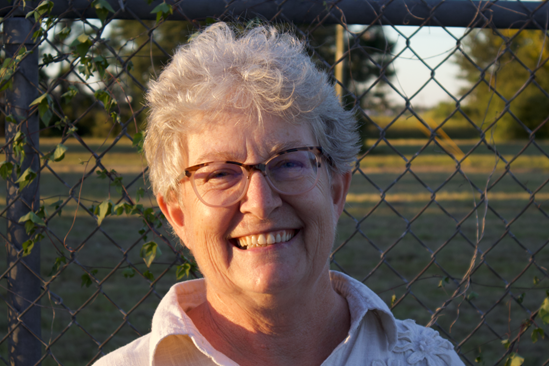
After a career in retail management, Cynthia (Cindy) went back to school at Prairie View A&M in her 40s for a social work degree, and continued her education at the university of Houston, where she earned her Master’s degree in social work. Her work in nonprofits has spanned thirty years. Starting as the Executive Director of a nonprofit focusing on sustainable agriculture and lifestyles in the 90s, leading a teaching and research staff as well as all the support staff for the teaching/research gardens, restaurant and gift store. She then started a nonprofit in Texas, working with the elderly and adults with mental and emotional disabilities. Moving to Sulphur, Louisiana to be with her mother as she aged, Cynthia saw a great need in the low-income neighborhood known as Portie (pronounced Po-chay) Town and started Micah 6:8 Mission to feed the homeless and educate and organize the community around social justice issues in 2019. Micah 6:8 Mission presently works with neighbors suffering from addiction and mental health issues, as well as educating the community on the huge environmental impact the fossil fuel industry has on public health and disaster issues in southwest Louisiana.
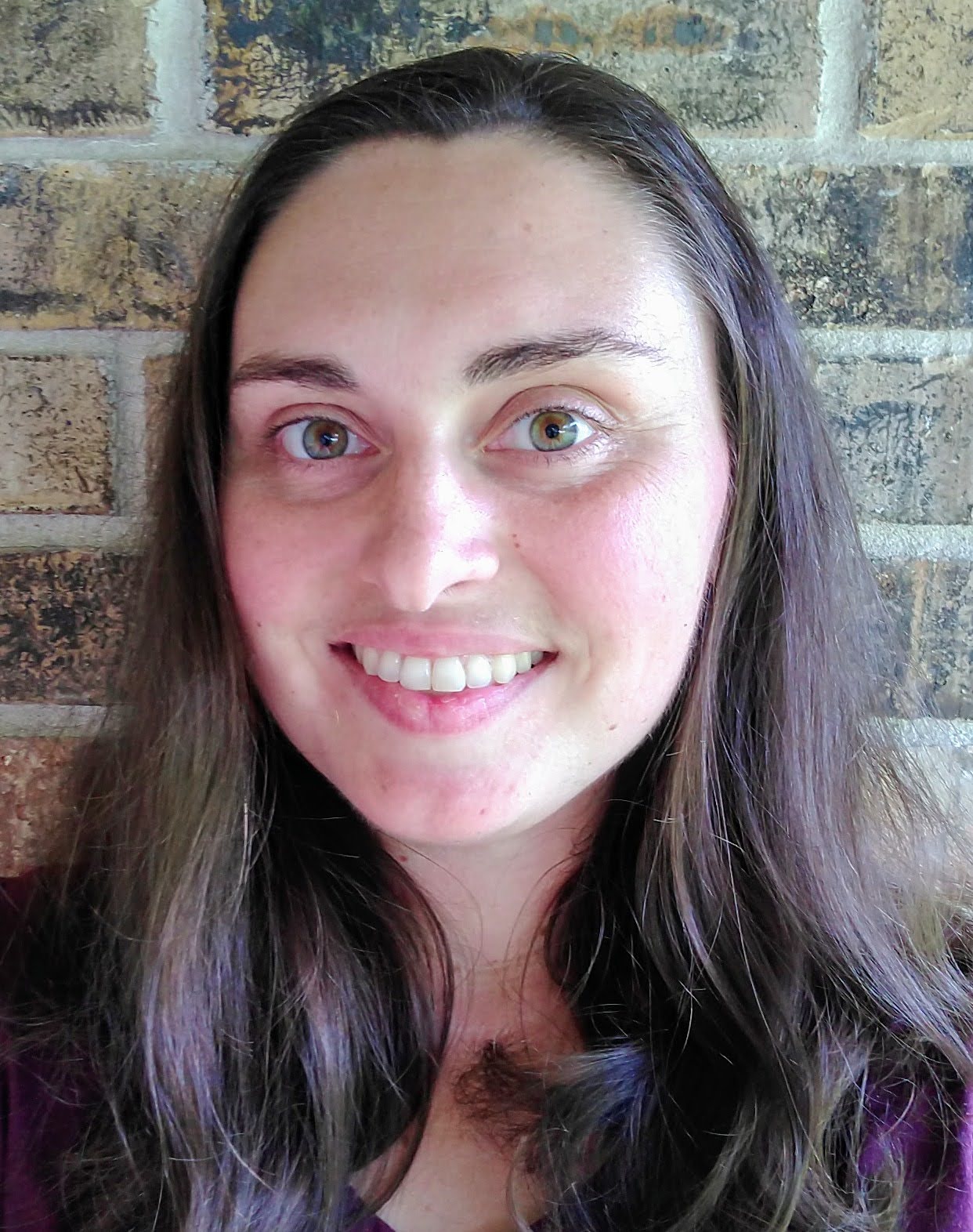
Sarah Chambliss, MSE, PhD, is a postdoctoral fellow in the Department of Statistics and Data Sciences at the University of Texas at Austin. She received her doctorate in Civil Engineering, with a focus on environmental engineering and atmospheric science, from the Cockrell School at UT in 2020. Her graduate work focused on methods of modeling and monitoring within-city patterns of air pollution and investigating the resulting inequality in air pollution exposure for communities of color and those with lower socioeconomic status. She is currently working with professor Cory Zigler and professor Elizabeth Matsui with the Center for Health and Environment: Education and Research (CHEER) to draw connections between inequality in air pollution exposure and disparities in health outcomes in the city of Austin. Dr. Chambliss has worked to advise government agencies including the California Air Resources Board and the Office of Environmental Health Hazards Assessment, is a member of the International Society of Exposure Science and American Geophysical Union, and collaborates with Austin community
groups to build local awareness of air pollution issues.
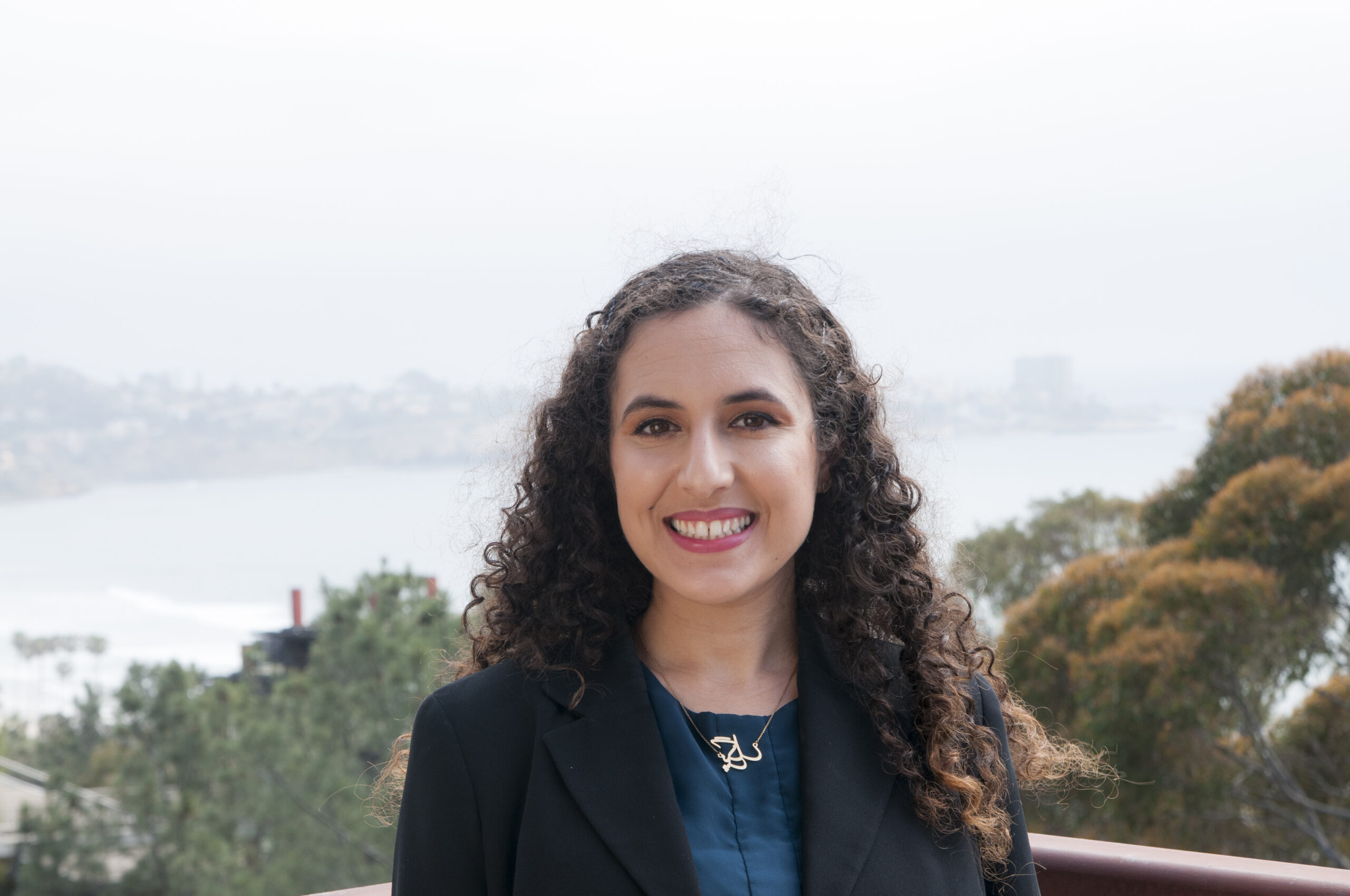
Pargoal Arab is Climate Equity Associate at Clean Air Task Force where she addresses how the clean energy transition can contribute to justice and equity, especially for environmental justice communities, while achieving our mid century climate goals. Pargoal’s research focuses on the role of conventional pollutants and their impact on communities in the context of the just clean energy transition. She graduated from the University of California, San Diego with a Master of Advanced Studies in Climate Science and Policy. At UCSD, Pargoal’s capstone project, “The Environmental Justice Implications of Air Pollution Changes Following COVID-19 Stay at Home Policies in San Diego County,” addressed how COVID-19 policies impacted particulate matter (PM2.5) levels with environmental justice implications. She also attained a degree in Atmospheric and Oceanic Sciences from the University of California, Los Angeles.
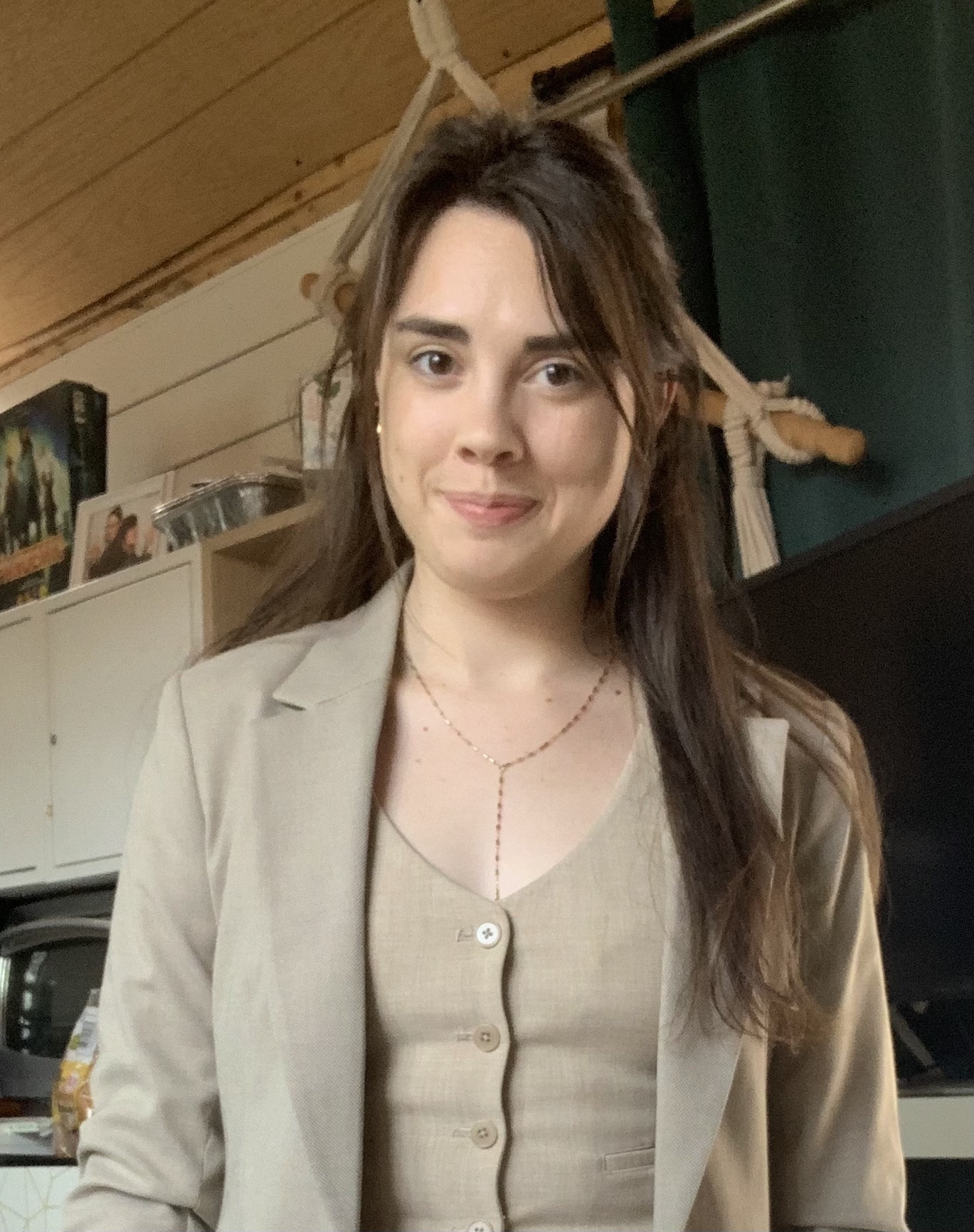
Katherine Prutz is a software engineer living in Austin, TX. She was born and raised in Baton Rouge, LA and went to high school at The Louisiana School in Natchitoches, LA, so this project for the city of Sulphur is near and dear to her. Katherine graduated from MIT in 2018 with a B.S. in Computer Science and Electrical Engineering. She worked at Google for the last 4 years and is now on a sabbatical doing fun projects like this one!
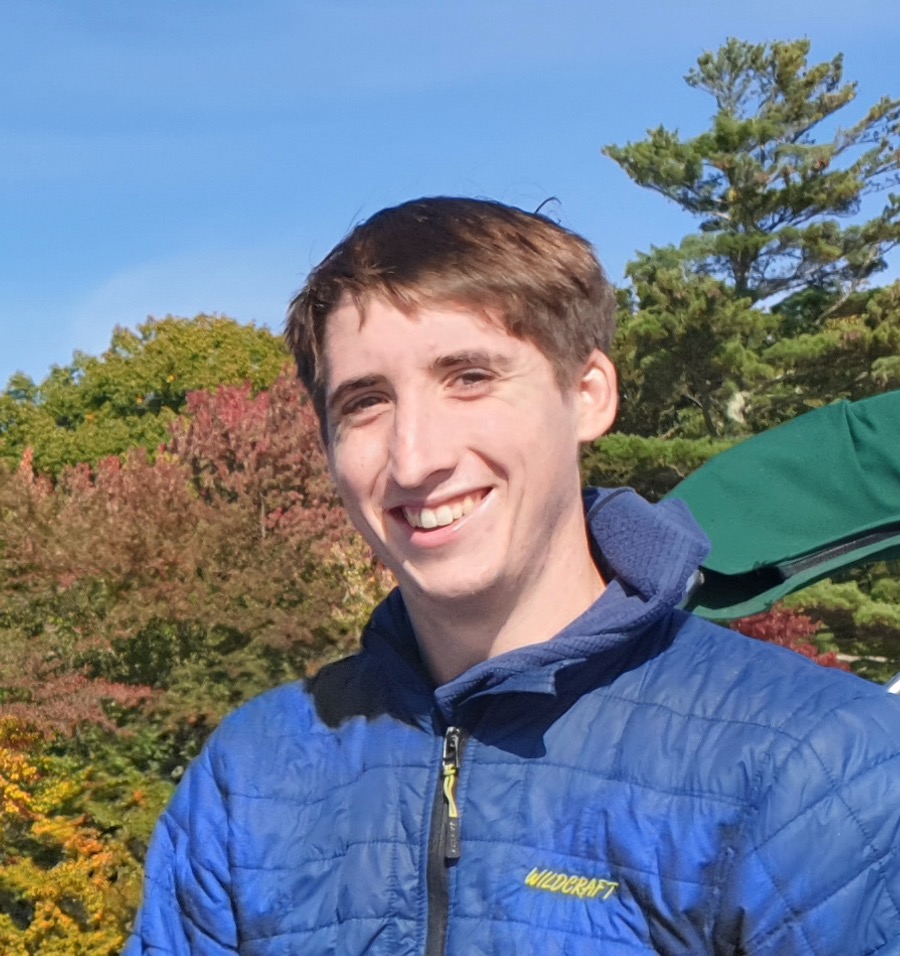
Duncan Wheeler is a Ph.D. Candidate in Oceanography at Scripps Institution of Oceanography at University of California, San Diego. Duncan studies the impact of low frequency waves on shallow estuaries and is advised by Dr. Sarah Giddings. He is also a recipient of the National Science Foundation Graduate Research Fellowship and has attained a B.S. in Physics from MIT. As an additional area of research, Duncan interviews professors to understand how academic culture impacts oceanographic research. On campus, Duncan has started a math transition workshop for first year graduate students and is a volunteer diver at the Birch Aquarium. Duncan is interested in how we can change the way science is done to better support communities and is excited to gain firsthand experience applying these practices.
(c) 2024 Thriving Earth Exchange